GreenAir’s roundup of the latest news and comment from around the world on efforts by the aviation sector to decarbonise and reduce its climate impact
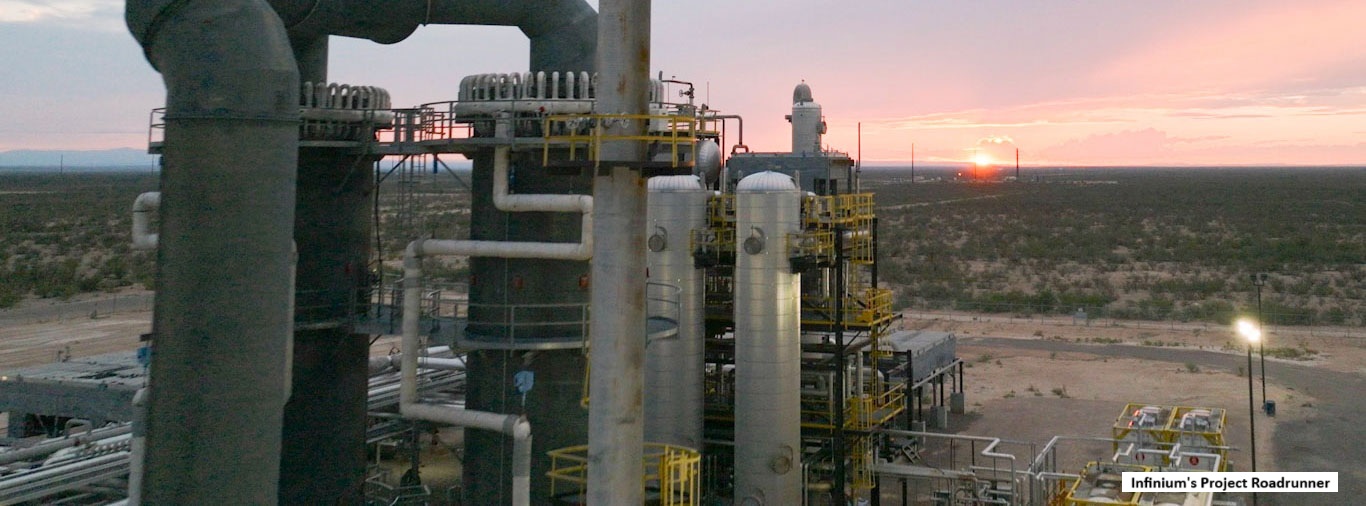
SAF NEWS EXTRA
30 May 2025
E-fuels producer Infinium has announced construction is underway on its second US-based e-fuels production site in Texas, which is expected to become the world’s largest e-fuels facility when operational, producing 23,000 tonnes (7.6 million gallons) per year. Backing for Project Roadrunner comes from investors such as Brookfield Asset Management and Breakthrough Energy Catalyst, with customers including American Airlines and International Airlines Group (IAG). Under its agreement with IAG, the e-SAF will be shipped to the UK to satisfy compliance requirements under the UK’s SAF Mandate. In 2023, Infinium became the world’s first to produce and ship commercial volumes of e-fuels to customers in the US and Europe from its Project Pathfinder facility in Corpus Christi, Texas.
UK SAF developer Firefly Green Fuels has announced a “significant” capital injection from Builders Vision, a team of investors and philanthropists delivering key finance to catalyse global-scale carbon mitigation technologies across food/agriculture, energy and oceans. Firefly says the funding will enable it to accelerate the development and commercialisation of its proprietary technology, which converts biosolids – organic matter recycled from sewage – into drop-in SAF. The company’s first-of-a-kind facility is expected to be operational by 2028/29 and Firefly is also developing global partnerships with plans to extend into further territories. Earlier this year, CEO James Hygate was awarded an OBE by the King for services to low carbon fuels.
Dublin-based Future Energy Global (FEG) and US sustainable aviation fuels producer Montana Renewables have agreed framework terms for a multi-year offtake agreement for the environmental attributes of 15 million gallons of SAF, with deliveries planned to begin later in 2025. These SAF Scope 1 and Scope 3 attributes will enable airlines and other companies around the world to reduce their CO2 emissions using a book-and-claim structure, says FEG.
SAF and renewable diesel startup Renovare Fuels has announced C-suite additions to spearhead the roll-out of its biofuel technology across a pipeline of new projects across the UK and Europe. With extensive experience in the renewable energy sector, Michael Fishwick joins as Director and Deborah Delaney takes on the role of Head of Projects. Renovare intends constructing a facility in Northern Ireland that will produce 2 million litres of biofuels a year from biogas using technology developed in conjunction with NASA and the US Department of Energy.
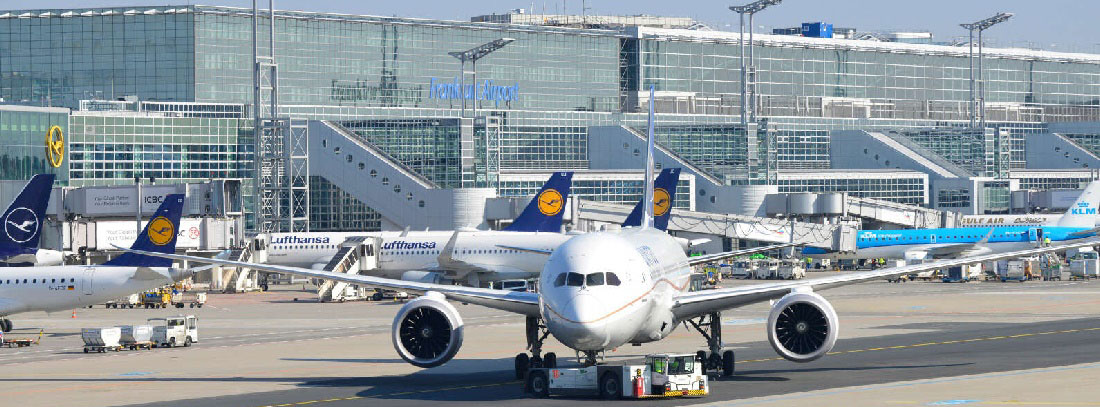
ReFuelEU SAF mandate is here to stay, pledges Commission’s aviation chief
29 May 2025
Amid concerns by some of Europe’s biggest airlines over the EU’s sustainable aviation fuels mandate policy, the European Commission’s Director for Aviation, Filip Cornelis, has promised the mandates introduced in January “are here to stay”. His pledge follows a recent joint statement by airline members of industry group Airlines for Europe (A4E) that they were “deeply concerned” over the ReFuelEU legislation and said that urgent action was required to maintain its credibility. Two major airlines are understood to have pushed for an even tougher line on the mandates. A4E cited a Boston Consulting Group report that forecast a shortfall of up to 45% in synthetic fuels (e-SAF) and 30% in biofuel supply by 2030. While he was confident the EU’s biofuel production capacity would exceed the required level until 2034, Cornelis acknowledged there was still a “market failure” concerning e-SAF.
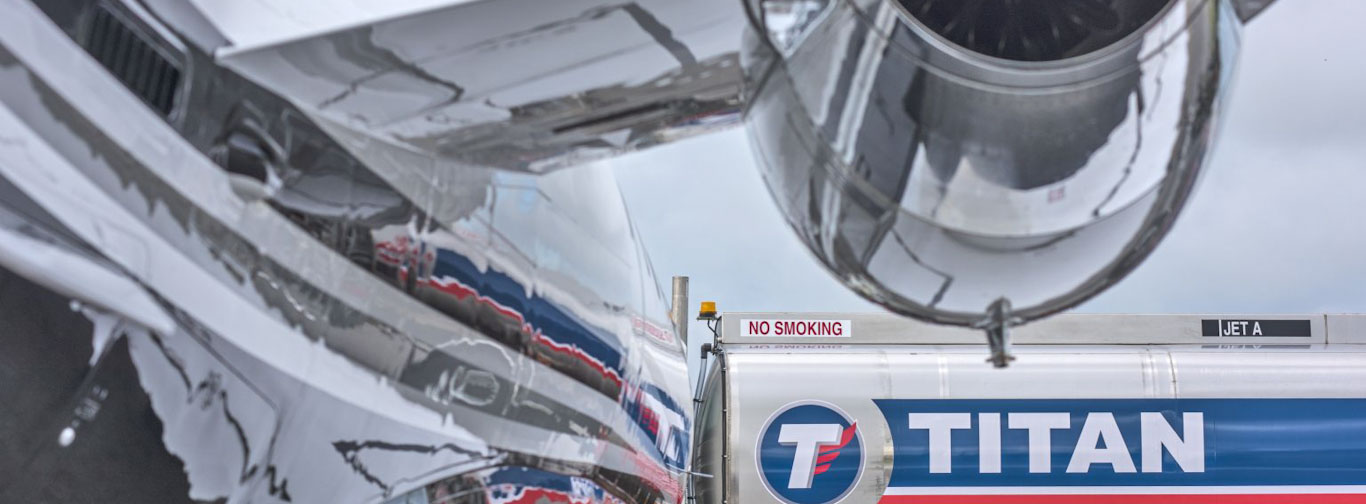
4AIR and Titan extend support to business aviation operators on SAF availability and compliance
27 May 2025
US business aviation sustainability specialist 4AIR says it has now verified more than 100 locations around the world carrying sustainable aviation fuel available for business aviation aircraft. They are identified on an interactive map that 4AIR first launched in 2021. Meanwhile, Geneva-based Titan Aviation Fuels International is extending its support to business aviation operators seeking to comply with the complex ReFuelEU SAF blending mandate. Introduced in January, the mandate applies to business aviation as well as airlines that fly more than 500 commercial passenger flights annually, requiring them to uplift a 2% SAF blend at designated airports in continental Europe. ReFuelEU compliance and SAF availability were highlight issues at the recent “reimagined” EBACE 2025 show in Geneva, which has undergone changes since it was taken over by the European Business Aviation Association (EBAA).

United invests in e-SAF start-up Twelve and next-gen blended wing aircraft developer JetZero
21 May 2025
United Airlines Ventures Sustainable Flight Fund has made a strategic investment in US low carbon fuels company Twelve, which intends using a process similar to photosynthesis to transform CO2 and water into sustainable aviation fuel using renewable energy. It follows Twelve’s recent $83 million Series C funding round and project financing for its first SAF production facility, AirPlant One, located in Moses Lake, Washington. It is expected to begin production this year, with plans to produce 50,000 gallons of SAF annually. UAV has also recently announced an investment in blended wing body (BWB) aircraft start-up JetZero, with the agreement including a path to order up to 100 airplanes and an option for an additional 100, subject to JetZero achieving development milestones, including flight of a full-scale demonstrator in 2027.
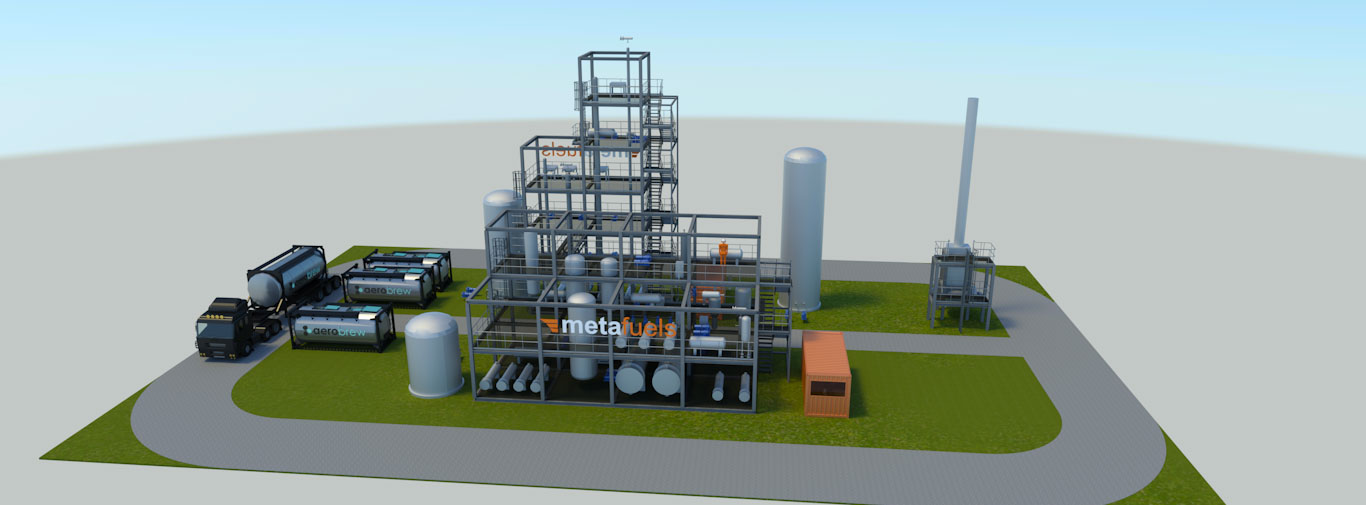
Swiss-based Metafuels to develop an e-SAF production plant in Rotterdam
16 May 2025
Swiss aviation technology company Metafuels is to develop a new synthetic sustainable aviation fuel production plant in the Port of Rotterdam through a collaboration with liquid energy and chemicals storage company Evos. Deploying Metafuels’ proprietary aerobrew methanol-to-jet technology, the Rotterdam plant, named Turbe, is expected to initially produce 12,000 litres of e-SAF per day, with plans for a second phase to increase production tenfold to 120,000 litres per day. The company says its technology converts sustainably produced methanol into jet fuel with high energetic efficiency and ultra-high carbon conversion, resulting in a claimed reduction of lifecycle emissions by up to 90% compared to conventional jet fuel. The Evos Rotterdam terminal is a dedicated multimodal methanol hub and said to be the largest ethanol storage provider in Europe.

UK government starts legislative process for a revenue mechanism to support SAF producers
16 May 2025
UK legislation to further support the development of domestic sustainable aviation fuel production has been presented in Parliament. The Sustainable Aviation Fuel Bill introduces legislative measures to implement a revenue certainty mechanism (RCM) that guarantees SAF producers a price for the sale of eligible SAF over a period. The Bill will enable a government designated and owned counterparty to enter into private law contracts with SAF producers and also make regulations imposing a levy on suppliers of aviation fuel in the UK to cover the costs of issuing payments under contracts and administering the scheme. Although fuel suppliers already have obligations to supply a growing percentage of SAF under a mandate that started in January, the RCM is aimed at reducing key risks to investors and support successful final investment decisions (FIDs) for UK first-of-a-kind, commercial-scale plants. The government has also announced extra funding of £400,000 ($530,000) to support the testing and qualification of green aviation fuels.
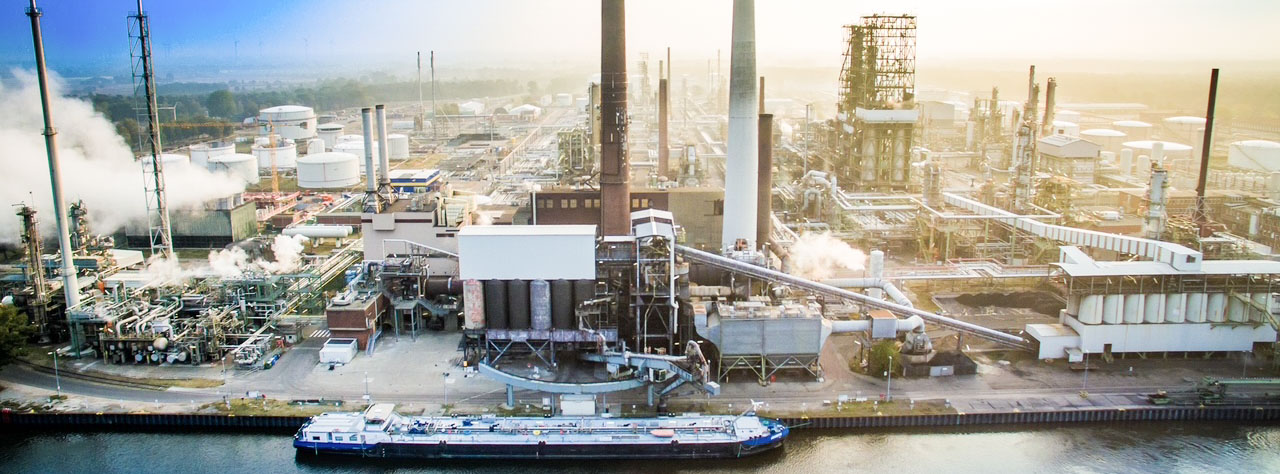
Major boost for SAF production as UK fuel standards body approves raising co-processing blend limit to 30%
13 May 2025
The UK Ministry of Defence has approved raising the concentration of HEFA feedstocks permitted in co-processed jet fuel from 5% to a significant 30% and the standard is now approved globally for the production of Jet A-1. Co-processing is a method where vegetable oils, waste oils and fats, or similar sustainable feedstocks, are processed along with conventional feedstocks, typically fossil crude oil, in existing petroleum refineries. This offers a fast-track and low capex to SAF production as it can be integrated without the need for extensive infrastructure changes. It allows fuel producers to quickly bring SAF to the market at a competitive price without waiting for the large investments and long schedules required for new purpose-built biorefineries. A SAF blend manufactured and certified under the UK MoD’s Def Stan 91-091 and the ASTM D1655 specifications for aviation kerosene have nearly identical requirements for Jet A-1.
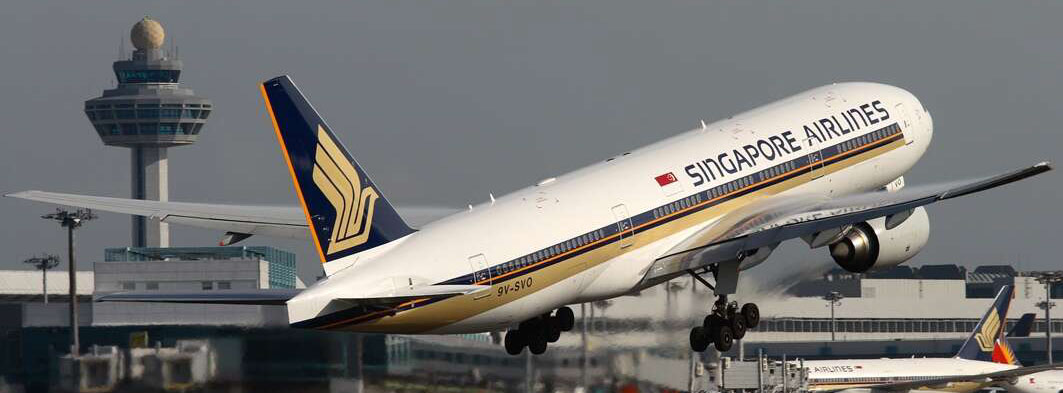
Green Fuel Forward industry initiative formed to drive SAF uptake in Asia-Pacific
12 May 2025
GenZero, a green investment platform of the Singapore government, has partnered with the World Economic Forum to establish Green Fuel Forward, an initiative to help increase demand for sustainable aviation fuel across the Asia-Pacific region. GenZero is part of Temasek, the government’s global investment vehicle, the portfolio of which includes a controlling 53% shareholding in Singapore Airlines, and stakes in multiple major finance and technology businesses. Founding members of Green Fuel Forward include major airlines, aerospace manufacturers, logistics providers, technology companies and financial groups including Temasek itself and several of its portfolio businesses, which have committed to collaborate in scaling SAF production through programmes such as book-and-claim and managing key issues including environmental integrity and reporting practices.

Danish energy technology group Topsoe announces third SAF collaboration in China
12 May 2025
Denmark’s Topsoe is to partner with China’s Zhejiang Jianglan Bio-Energy Technology Company to help produce up to 300,000 tons of sustainable aviation fuel per year at a new facility scheduled to open in December 2026. The Chinese company will start construction this September of a production plant on Zhoushan Island, near the mainland coastal city of Ningbo, using Topsoe’s HydroFlex technology to convert waste fats, oils and greases into SAF. The fuel initially will be exported to Europe, though supplies will increase within China as local demand grows. The project is Topsoe’s third in China, and its second there this year. In January, it was chosen by Chuangui New Energy in the country’s south-west to support production of SAF and renewable diesel from used cooking oil. Topsoe’s first SAF deal in China was signed in April last year with Hongkun Biomass Fuel.

Air New Zealand announces 2030 emissions “guidance”, after scrapping Science-Based Target
12 May 2025
Air New Zealand has announced new emission reduction projections for 2030 after contentiously scrapping its Science Based Target last year, citing lack of progress in development of low-emission aircraft, sustainable aviation fuels and government policies to support air transport decarbonisation. In its newly released 2030 Emissions Guidance, the airline says it now expects well-to-wake greenhouse gas emissions from jet fuel to fall by 20-25% compared to 2019. But the guidance will be updated annually in the carrier’s Climate Statement, which is published each August, to reflect changes in market conditions or domestic and international policies which impact air transport. We remain committed to achieving net zero emissions by 2050, pledged the airline’s Chief Sustainability and Corporate Affairs Officer, Kiri Hannifin.
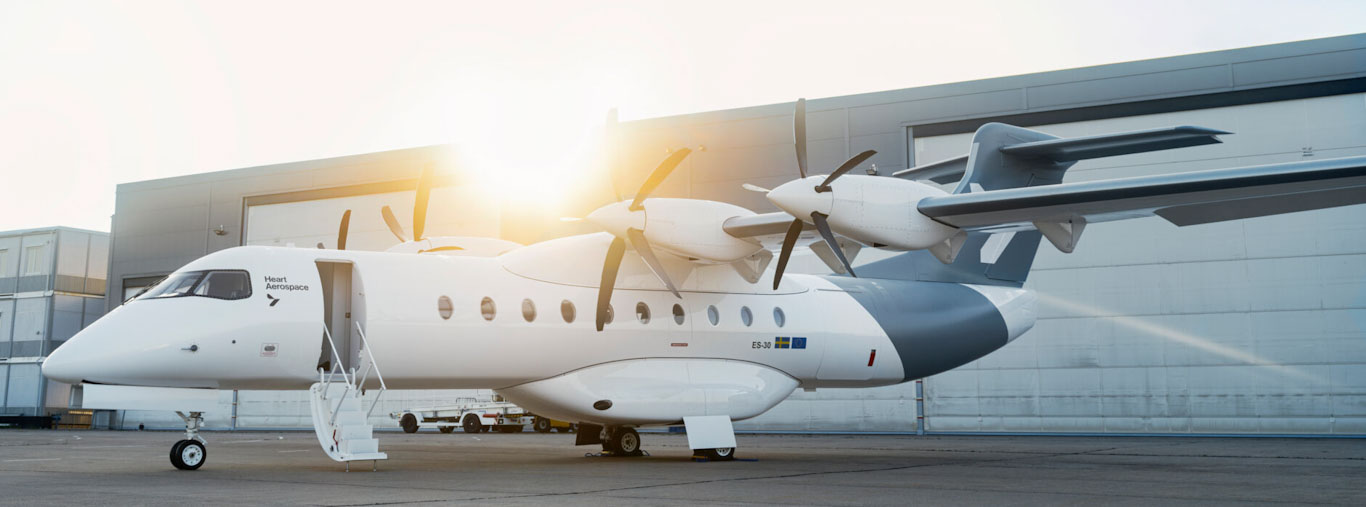
Heart Aerospace in surprise HQ move from Sweden to Los Angeles, citing bigger US opportunities
6 May 2025
Heart Aerospace, the pioneering Swedish developer of the clean sheet ES-30 hybrid-electric regional airliner, has announced that it will move its corporate headquarters from Gothenburg to Los Angeles, citing greater opportunity in the US where its customers, partners and investors are increasingly based. The start-up’s decision followed clear and increasing signals from founder and CEO Anders Forslund that European governments needed to significantly increase their support for zero-emission aviation technologies or risk losing development opportunities. Last year, the company announced a number of initiatives in the US, including establishment of a research and development facility in Los Angeles, and repeatedly warned of the need for more state support in Europe.



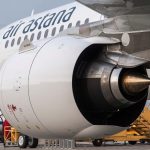

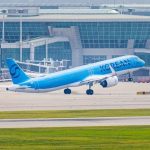



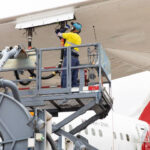




More News & Features
News Roundup October 2025
News Roundup September 2025
News Roundup August 2025
News Roundup July 2025
News Roundup June 2025
News Roundup March/April 2025